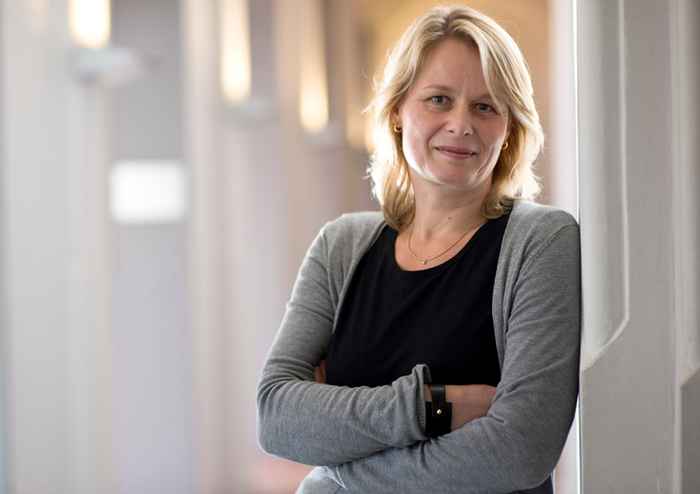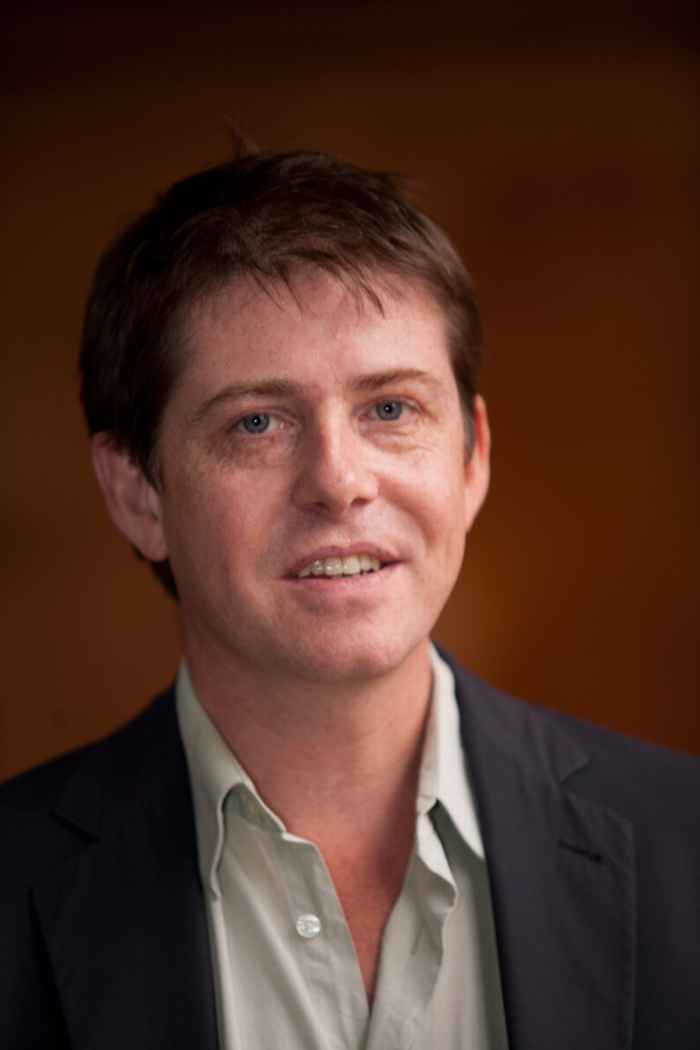Communication and Media Studies pleased with latest jump in QS Rankings by Subject
Edith Smit and Richard Rogers on the solid international reputation enjoyed by both subjects
8 March 2017

Edith Smit, professor of Persuasive Communication and director of the UvA’s Graduate School of Communication, and Richard Rogers, professor of New Media and Digital Culture and former chair of the department of Media Studies, share their thoughts on this noteworthy achievement.
What do you think of this result? Are you surprised by the latest jump in the rankings?
Smit: Obviously, we are extremely proud of the result – it shows how visible we are as a discipline internationally. It also reflects our constant efforts to work together with students and researchers towards improving our teaching and research. We were already well respected in Europe. It’s great to see that we have now also cemented our position globally.
Rogers: We are delighted that the outstanding work done at the UvA’s Media Studies programme has been recognised by the QS World University Rankings and are pleased to be considered jointly with our colleagues from Communication Science. The recognition has been a long time coming.

Why do you think the UvA’s Communication and Media Studies programmes are so well respected internationally?
Smit: We value our international environment deeply. Within our programme, our ambition is to address communication issues from a global perspective. Our students and staff come from all over the world, which is clearly reflected in our research and in the topics we deal with in class.
Rogers: As a programme, I think our global reputation as a leader in the field of Media Studies can be attributed to the inventive and pioneering work of our researchers and students. For example, some of the latest media theory and methods are developed right here within the programme.

The QS Rankings by Subject is primarily focused on research. Do you think the quality of the teaching also plays a role in the solid reputation Communications and Media Studies have managed to build over the years?
Smit: The quality of teaching is very important in our department and the majority of the courses within our programme are research-based. Our researchers are extremely productive in terms of publications and citations, but also responsible for teaching and learning. This ensures the bridge between research and teaching is kept small. Our students learn from well-respected and experienced researchers who are passionate about their field and bring that across in the classroom.
Rogers: Most of the teaching in Media Studies is research-led and also of great societal relevance and topicality. There is also a growing number of international students in the department, which reflects our global outlook. For example, the new English-taught Bachelor’s programme in Media and Information is attracting hundreds of interested international students from across the world. This clearly shows how well established our reputation is locally and internationally.
What are your future plans?
Smit: Our ambition is to maintain high-quality, research-based teaching and to provide an international learning environment where Dutch and non-Dutch lecturers interact with a variety of students from all over the world.
Rogers: We want to continue building on our solid performance of recent years and deliver innovative research and teaching. This is why we are constantly exploring new avenues for interdisciplinary collaboration, such as a joint programme with Communication Science that can build directly on our high position and our respective strengths.